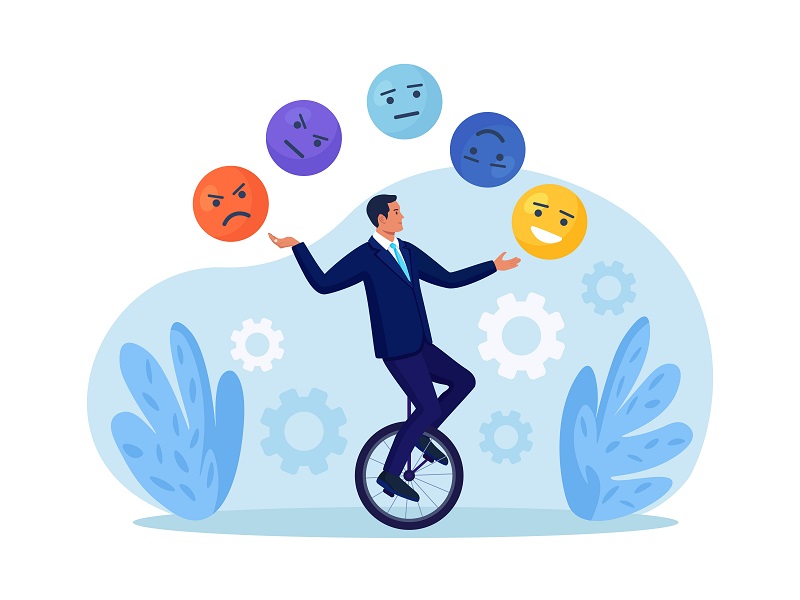The Role of Healthy Habits in Enhancing Learning and Emotional Control

The importance of healthy habits cannot be overstated especially when it comes to learning and emotional regulation. Establishing routines that promote physical health, mental well-being, and emotional stability can significantly enhance cognitive functions and improve overall quality of life. Understanding the connections between healthy habits and their effects on learning and emotional control is essential for individuals of all ages.
Nutrition and Cognitive Function
One of the most critical aspects of healthy habits is nutrition. A well-balanced diet fuels the brain, providing the essential nutrients required for optimal cognitive performance. Foods rich in omega-3 fatty acids, such as fatty fish, walnuts, and flaxseeds, are known to enhance memory and support neural health. Antioxidant-rich fruits and vegetables, like berries and leafy greens, protect brain cells from oxidative stress, while whole grains supply the brain with a steady stream of energy.
Additionally, proper hydration is vital for maintaining focus and concentration. Dehydration can lead to fatigue and impair cognitive functions, making it challenging to learn new information or manage emotions effectively. By adopting healthy eating habits, individuals can create a strong foundation for better learning and emotional control.
Physical Activity and Brain Health
Regular physical activity is another cornerstone of healthy habits that significantly impacts brain function and emotional well-being. Exercise increases blood flow to the brain, promoting the growth of new neurons and improving cognitive function. Engaging in physical activities, such as aerobic exercises, yoga, or team sports, releases endorphins—chemicals that boost mood and reduce stress levels.
Furthermore, exercise has been shown to enhance self-regulation, which is crucial for managing emotions and behaviors. Exploring resources like Brain Balance on LinkedIn.com can provide insights into how these activities contribute to mental wellness. Activities that require coordination and focus, such as dance or martial arts, not only improve physical fitness but also enhance concentration and discipline. By integrating physical activity into daily routines, individuals can strengthen their learning capabilities and emotional resilience.
Mindfulness and Emotional Regulation
Incorporating mindfulness practices into daily routines can play a significant role in enhancing emotional control and improving learning efficiency. Mindfulness encourages individuals to focus on the present moment, fostering self-awareness and reducing stress. Techniques such as meditation, deep breathing exercises, or simple mindfulness activities can help individuals manage their emotions effectively.
Research has shown that mindfulness practices can improve attention, focus, and cognitive flexibility, all of which are crucial for effective learning. By cultivating mindfulness as part of a healthy lifestyle, individuals can enhance their ability to cope with stress and maintain emotional balance.
Sleep and Learning Efficiency
Adequate sleep is essential for effective learning and emotional control. During sleep, the brain consolidates memories and processes information acquired throughout the day. Lack of sleep can impair cognitive functions, leading to difficulties in concentrating, problem-solving, and retaining information. Moreover, insufficient sleep can heighten emotional reactivity, making it harder to manage stress and regulate feelings.
Establishing a regular sleep schedule, aiming for 7-9 hours of quality sleep per night, can significantly enhance cognitive performance and emotional stability. Creating a calming bedtime routine, such as reading or practicing mindfulness, can also promote better sleep quality and overall well-being.
Developing healthy habits is crucial for enhancing learning and emotional control. Nutrition, physical activity, sleep, and mindfulness all play integral roles in supporting cognitive function and emotional well-being. Embracing a lifestyle centered around healthy habits not only benefits the brain but also paves the way for a more balanced and fulfilling life.